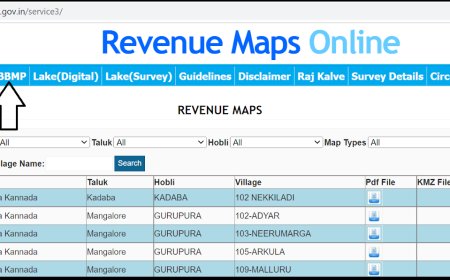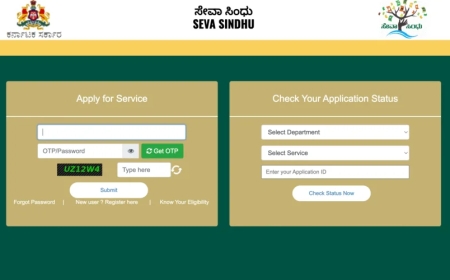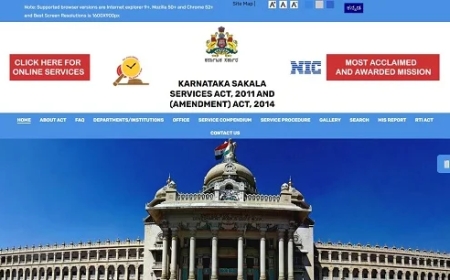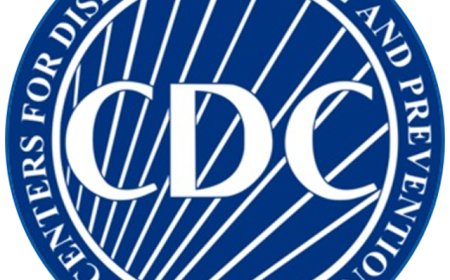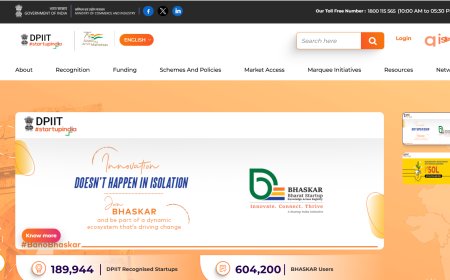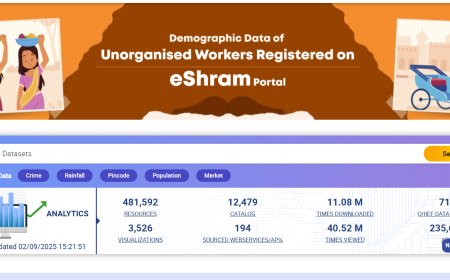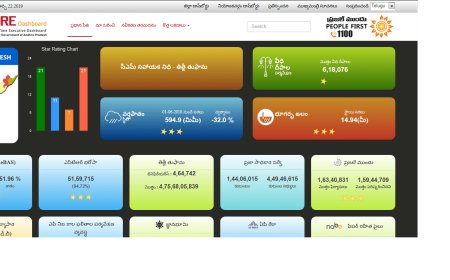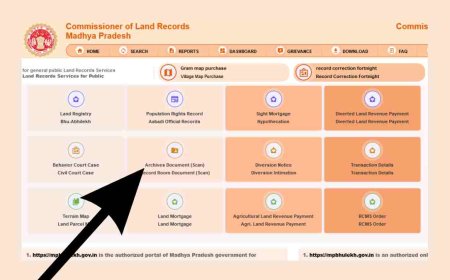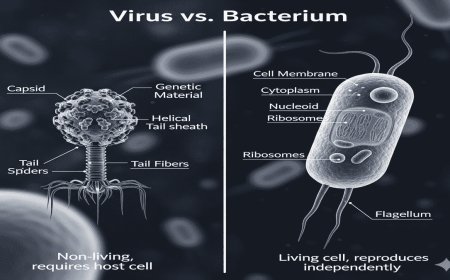Pro-EU Party Celebrates Victory in Moldova, Defeating Pro-Russian Opponents


Stay Informed: Weather, Earthquake, and Tsunami Alerts
In today’s world, being prepared for natural disasters like severe weather, earthquakes, and tsunamis is crucial. Understanding how to respond to alerts can make a significant difference in ensuring safety and minimizing risks.
Understanding Alerts and Warnings
Weather alerts are issued to inform the public about severe conditions such as storms, hurricanes, or extreme temperatures. Earthquake and tsunami warnings are crucial for regions prone to seismic activity. These alerts are designed to provide timely information to help you take necessary precautions.
Preparedness: A Key to Safety
Preparation is essential. Ensure you have an emergency kit ready, including essentials like water, food, and medical supplies. Familiarize yourself with evacuation routes and have a communication plan with family members. Staying prepared can significantly reduce panic and confusion during an emergency.
Rely on Trusted Sources
Always verify information from reliable sources such as government agencies or official weather services. Avoid spreading or acting on rumors, as misinformation can lead to unnecessary panic. Follow updates from local authorities to stay informed about the situation.
Stay Calm and Informed
In the event of an alert, remain calm and follow the instructions provided by officials. Panic can lead to poor decision-making. Keep a battery-powered radio or a charged mobile device handy to receive continuous updates.
Recent Events Highlighting the Importance of Alerts
Recent global events, such as the devastating earthquakes in Turkey and Syria, underscore the importance of timely alerts and preparedness. These incidents remind us of the need to stay vigilant and informed.
Community and Global Efforts
Communities worldwide are working to improve alert systems and response strategies. Collaborative efforts between countries aim to enhance early warning systems, ensuring that people receive timely and accurate information.
Conclusion: Be Proactive
Being proactive in understanding and responding to alerts can save lives. Educate yourself and your community about the importance of preparedness and the role of accurate information. Together, we can build a safer and more resilient future.
What's Your Reaction?
 Like
0
Like
0
 Dislike
0
Dislike
0
 Love
0
Love
0
 Funny
0
Funny
0
 Angry
0
Angry
0
 Sad
0
Sad
0
 Wow
0
Wow
0





